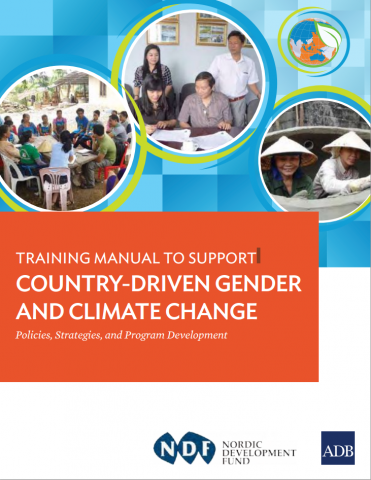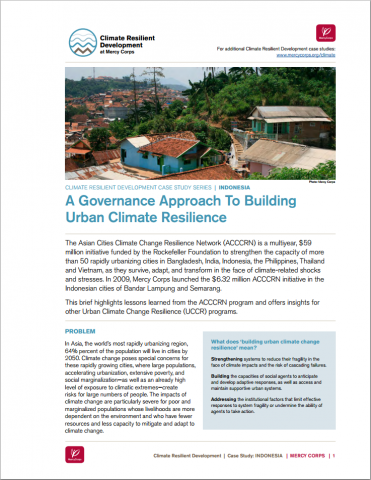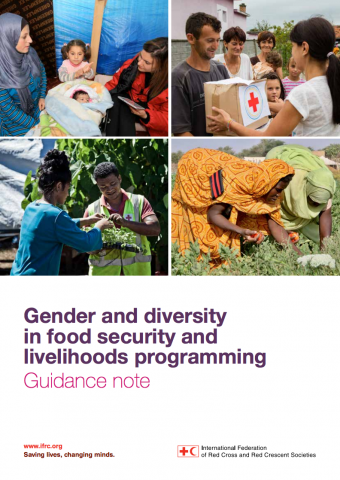Renata Barradas Gutierrez
renatabarradas88@gmail.com
Washington D.C, United States
Renata earned a Bachelor’s Degree in International Relations from Tecnologico de Monterrey and two Certificates in Woman, Gender and Development and International Relations from The University of British Columbia. While working as Communications Coordinator in Cinco Panes y Dos Peces A.C., a Mexican nonprofit organization, she helped indigenous communities in isolated regions in Mexico to apply a Risk Prevention, Control and Management Plan. Simultaneously, Renata taught a certificate in Financing Strategies and Fundraising for nonprofits. Previously, she coordinated two international volunteer projects in Belgium at the Red Cross Center for Asylum Seekers and at the Asylum Seekers and at the Arthur Regniers Center for motor and brain handicapped people. Renata has volunteered in ten projects nationally and internationally concerning a wide range of topics such as: orphan children, Down's syndrome children, reforestation, Elkhorn Coral Planting, fundraising, and reconstruction. Through these experiences, she developed project coordination and implementation, fundraising, web development and research skills. Renata enjoys topics related to philanthropy and has a strong passion for poverty relief and refugees. As a result, from her passion in the nonprofit sector, she has cofounded Amarte A.C., and Hoor A.C., two Mexican nonprofit organizations.
Renata currently helps to support the information and knowledge management needs of the Global Disaster Preparedness Center (GDPC). This includes providing immediate support for data collection and analysis, maintaining and refining an effective knowledge management system for a state-of-the-art resource center, and piloting of complementary knowledge management initiatives.
Other type of resource

Released at the opening of the Bonn Climate Change Conference on 1 June, Climate 2020 builds on two prior reports by UNA-UK entitled Global Development Goals, which focused exclusively on the post-2015 development agenda. With articles from over ...
Awareness material, Case Study

The purpose of this paper is to examine best practices and available models for managing the financial impact of floods. The paper (i) identifies key issues specific to flood risk management, (ii) evaluates international experience with public and...
Video
The International Federations community-based early-recovery programme has supported tens of thousands of quake survivors to take control of their own recovery. With support from trained Red Cross volunteers and students from local universities, affe...
Guidance material

Gender and diversity-sensitive food security and livelihoods programming lead to a more equitable, effective and efficient outcomes for all members of affected communities. This guidance note provides an overview of gender and diversity issue and pra...
Report, Video
The World Disasters Report 2009 focuses on disaster risk reduction under the title Early Warning Early Action. The report emphasizes the need to invest in a culture of prevention. Early action is portrayed as an investment for the future, and far mo...
Video
Haiti’s rainy season, followed by the hurricane season, bring hardship to thousands of people every year. Serious rains and landslides have already hit Haiti, causing loss of life and devastation in some parts of the country. Eighteen months af...
Video
The heaviest flooding in over a decade to hit southern Mozambique has affected almost 250,000 people and destroyed towns and livelihoods. The floods have claimed 113 lives, which is still far fewer than similar floods in 2000 when over 900 people die...
Video
The IFRC has focused its planning 2009-2010 on early warning, early action. This entails proactively using existing knowledge and resources to better identify risks and to act before disasters happen. This community-based, preventive approach not onl...
Video
Red Cross and Red Crescent Societies around the globe work with vulnerable communities to prepare for, respond to, and recover from disasters. More information: http://www.ifrc.org/disasters Year: 2009Duration : 11 minutes 7 seconds
